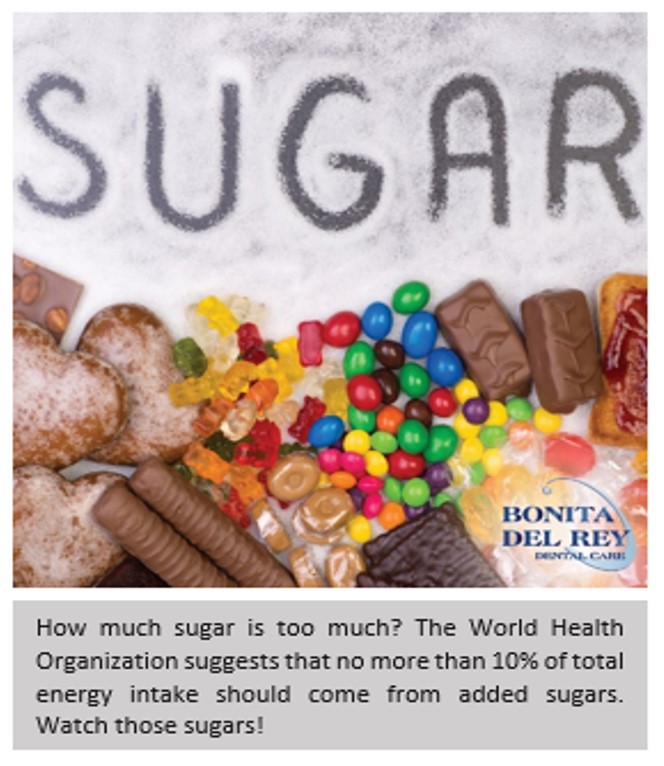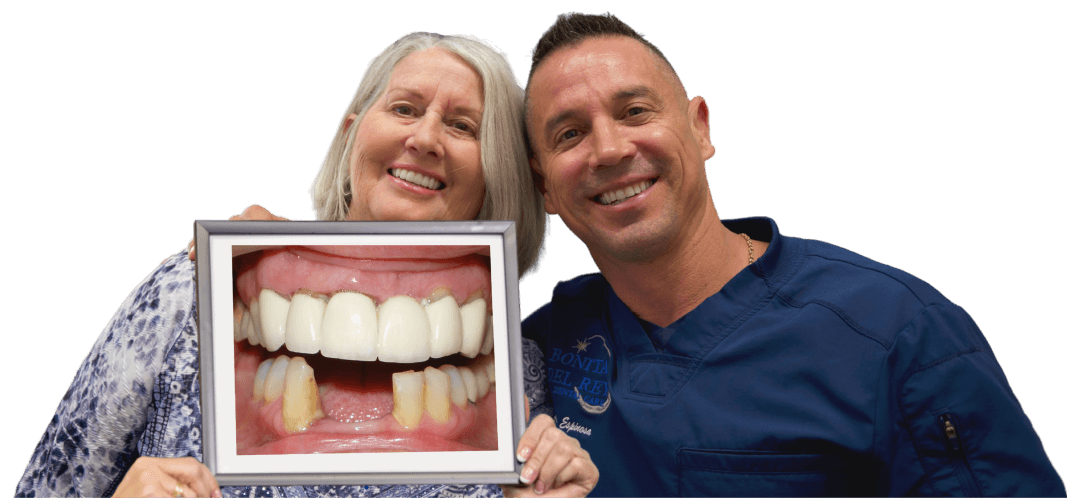We often associate tooth decay or cavities with children and young adults, thinking after we become adults we are out of the woods. This is definitely not the case, and the reason why we are covering the topic of tooth decay this week. As we age, recession from the gums away from the teeth, increased incidences of gum disease and antibiotics side-effects of dry mouth, make tooth decay more common for adults over the age of 50. Let’s dive right into decay!
So, What is Tooth Decay?
Simply put, tooth decay is when bacteria eats away at your tooth.
There are three layers to a tooth; the hard outer shell called enamel, the middle layer referred to as dentin, and the center of the tooth which is called the pulp. The pulp is where your nerves and blood vessels of the tooth live. The decaying process can lead to a hole in your tooth, which we call a cavity. The more layers affected by tooth decay, the worse the damage can be to the tooth. If not treated, tooth decay can lead to severe pain, infection and possibly tooth loss.
What Causes Tooth Decay?
“Bacteria, or plaque, constantly forms on your teeth and gums. If you don’t consistently remove this plaque from your teeth, then over time the enamel can break down. This is when cavities can form,” says Dr. Espinosa.
Foods containing sugar are the biggest culprit when it comes to feeding and growing bacteria in your mouth.
Here are a few more contributing factors to tooth decay:
• Not brushing and flossing regularly
• Not seeing your dentist for regular cleanings
• Not keeping your mouth hydrated, or not producing enough saliva which washes away debris and bacteria
• Not getting enough fluoride
• Genetics, unfortunately we can’t get away from this
• Diabetes
• Smoking
• Chewing tobacco
What Are Symptoms of Tooth Decay?
Often times you may have no idea you have a decaying tooth, until it becomes a cavity or the tooth is infect. Once this happens, you may notice the following:
• Sensitivity to hot or cold
• Toothache
• Discoloration or spots on your teeth
• Bad breath
• Swollen gums
• A bad taste in your mouth
How Is Tooth Decay Treated?
Depending on the severity of the decaying tooth, your dentist will determine treatment. If it is caught early before a cavity, your dentist may suggest a sealant for your tooth, or you may get fluoride treatments.
If there is damage to the tooth enamel, your dentist will remove the decaying part of the tooth and replace it with a filling. If there is severe damage to the tooth, your dentist will place a cap or crown on the tooth. Even more severe scenarios include a root canal, if the pulp is infected, or an extraction leading to restorative measures like a dental implant.
How Can You Prevent Tooth Decay?
The good news…you can prevent tooth decay by taking care of your teeth! Follow these simple tips:
• Brush twice daily with a fluoride toothpaste
• Floss once a day
• Eat a well-balanced diet and limit sugar intake
• Visit your dentist twice a year, or as otherwise directed
• Ask your dentist questions if you have concerns
Do you have any questions you want answered? Let us know! We will include in our future blog posts. Contact our office today with any questions, comments or concerns. Oral health care is important to our overall health, which is why we feel it’s so important to continue educating our patients with these healthy tips. If you have any questions or concerns, please know our team is here to help. Contact our office for a free consultation, or second opinion.












